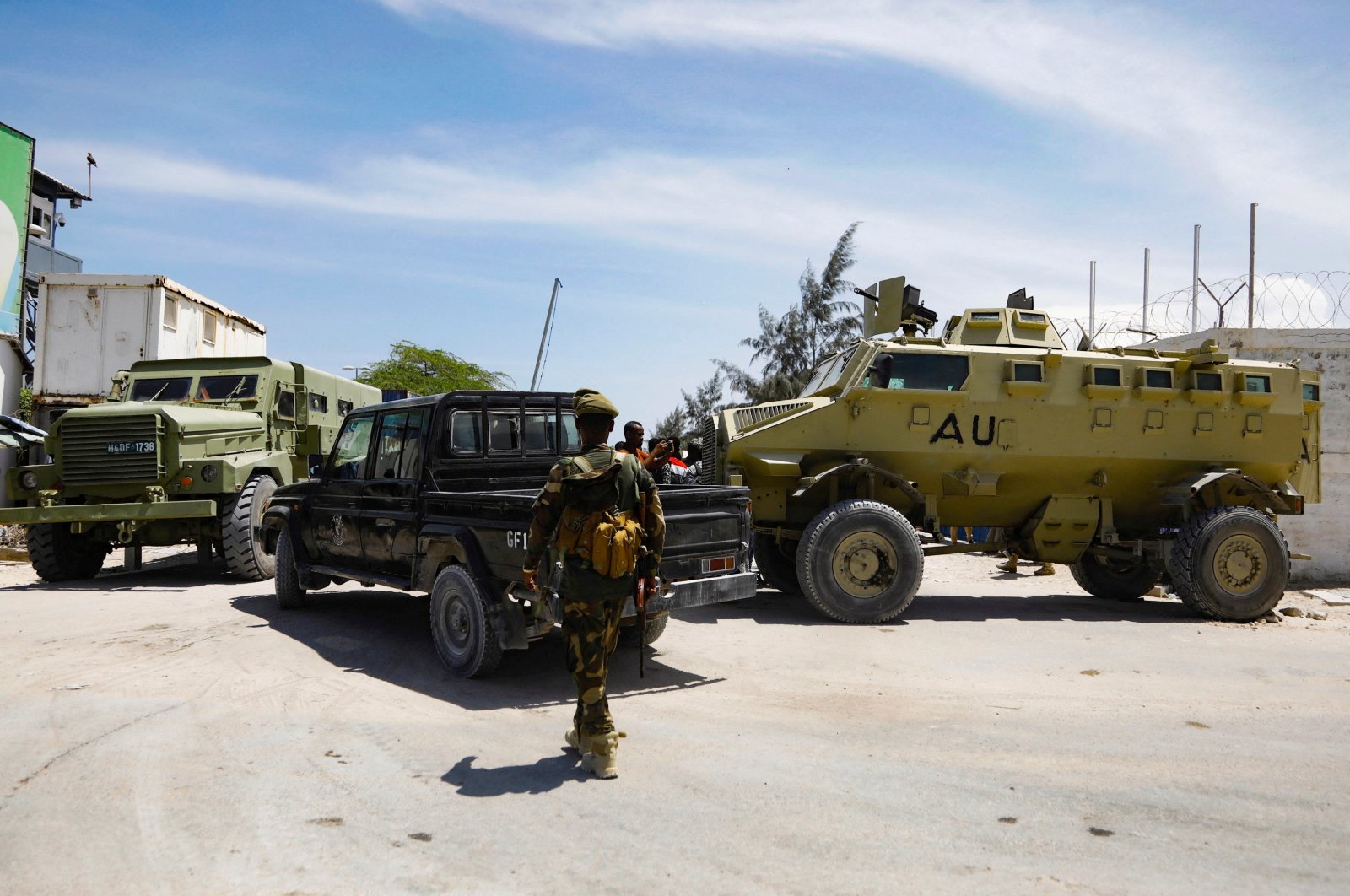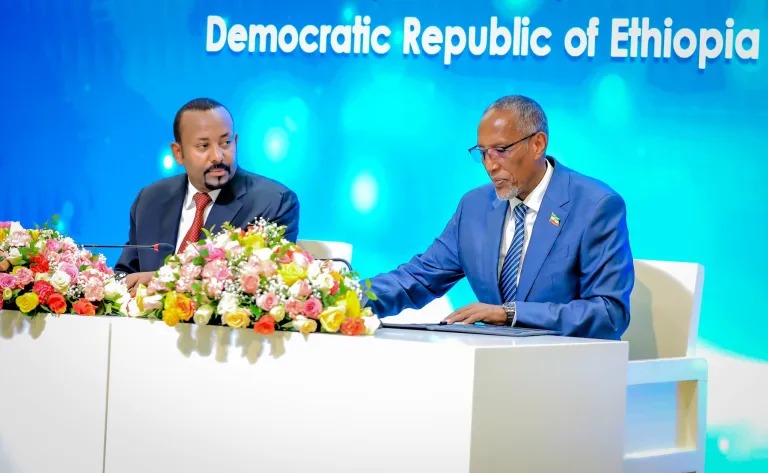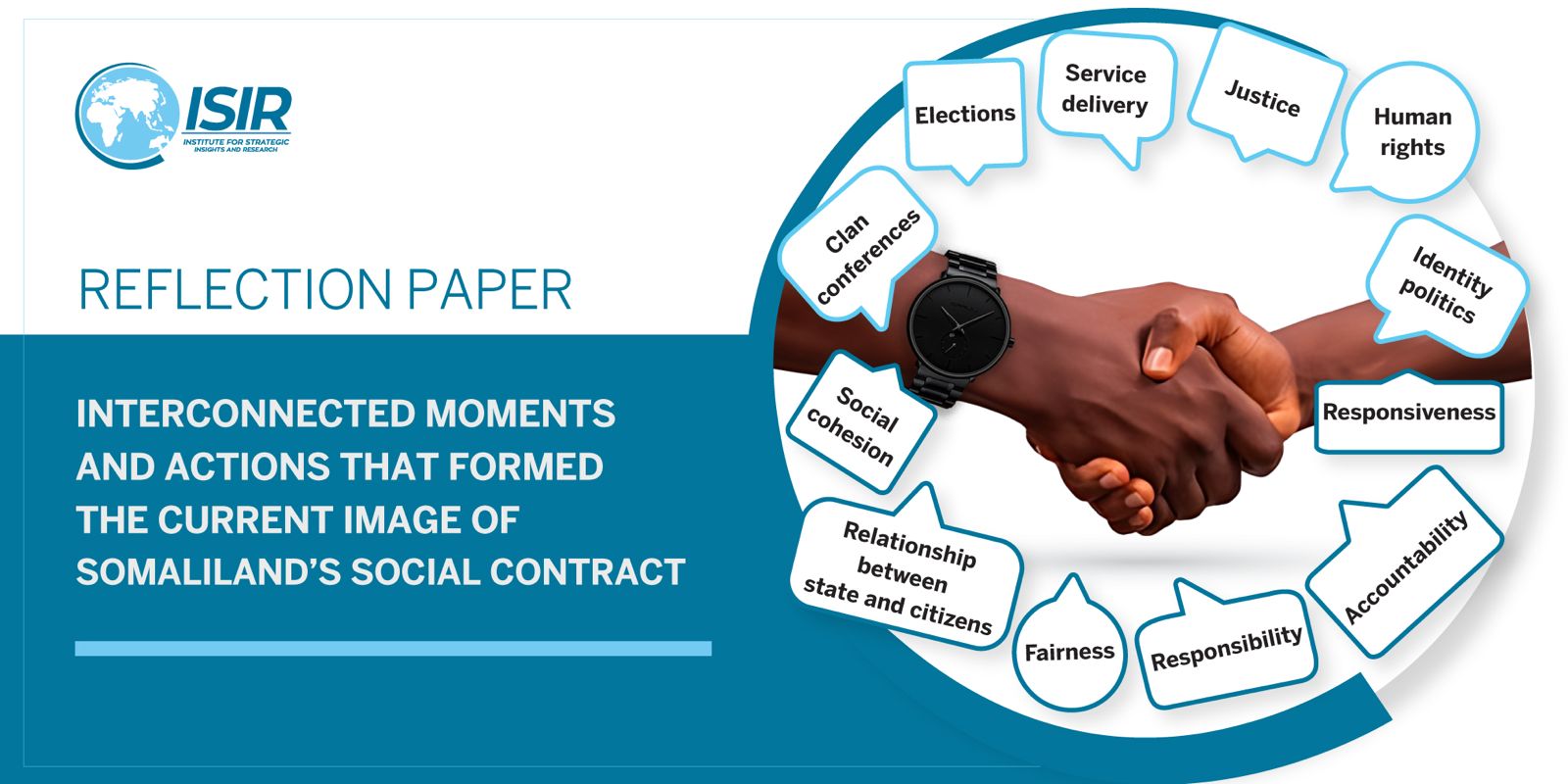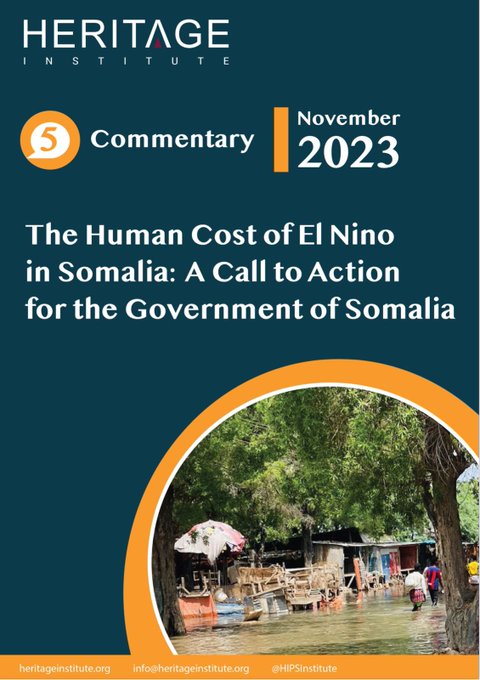The Somali government claims it is strategically focused on winning public hearts and minds in the fight against Al-Shabaab. They understand that this is the only way they can liberate Somalia from Al Shabab’s influence. Most Somalis want a secure future free from Al-Shabaab’s violence, intimidation, and extortion and are supportive of the government’s agenda. The government’s messaging is simple: Al-Shabaab is an evil terrorist organisation led by foreign Al-Qaeda doctrines and their ambition is to hurt and undermine the Somali nation.
This messaging resonates with the Somali people, who suffer most at the hands of Al-Shabaab. However, the way it is currently delivered is disjointed, poorly executed and, within some key security institutions like the Army, Police, and Intelligence Service, either wholly misunderstood or poorly used. Most of the security sector messaging is short term and reactionary, framed around sudden tragic events like complex attacks, and counter attacks. Even with these, the messaging is basic and ineffective as it just condemns, offers condolences to the public and promises public enquiries and investigations which never materialize. The public are also bombarded with images of Somali soldiers either in training or completing training which does not add any further meaningful messaging. Yes, there are more soldiers but what are they doing afterwards? The soldiers and their stories get lost there.
The main security organs of the state, the Army, Police Force, and Intelligence service, also hardly ever collaborate and often provide different accounts of the same issues, further undermining their credibility. Yet, all these agencies have their own media set up as part of their institutional design and framework. There is also great disconnect between the Federal Government of Somalia and international partner messaging, even on joint operations. This is not all Somalia’s fault as most partners prefer to keep their distance and stick to their “we are only playing a supporting role” message for fear of backlash in their capitals in case anything goes wrong. While the international partners closely monitor the Somali security sector media activities, there is no evidence of them actively engaging and supporting it like in the form of complementary press releases or social media acknowledgments.
On the other hand, Al-Shabaab present themselves as the saviours of Islam and the Somali way of life against a Western puppet government which aims to undermine both. Al Shabab once saw itself as a liberating force against Ethiopian invaders but has long since revealed its true nature as a servant of Al-Qaeda that is happy to murder innocent Somalis. It has certainly lost the moral and political argument. But today it is repositioning its messaging to focus on delivery of services and maintaining law and order where the Federal Government institutions are failing.
The Somali legal system is among the most corrupt in the world. Most judgements are paid for and enforcement of decisions, especially land disputes, are almost non-existent. Al-Shabaab has for years been settling legal disputes and enforcing its judgements even using violence which the weary public appear to welcome. The organisation also runs its thriving extortion rackets, forcing people and businesses to pay up for the mere privilege of not being bombed or murdered. Those businesses which have paid Al-Shabaab also report that the group has spies in most of the economic hubs across the country such as ports and airports. When business owners receive extortion demands, it’s often backed up by copies of official records of what their firms have been importing and exporting, to which Al-Shabab adds its own “tax” demand on top. This needs calling out properly. It’s not a lawful tax. It’s mafia extortion, pure and simple.
In providing basic law and order, and in extorting its own tithes, Al-Shabab is following a sinister model trailblazed by the other international terrorists’ organisations, including the Taliban in Afghanistan. Yet, it is not a government in waiting. It is a global terrorist organisation relying on extortion, blackmail, and violence to this day to enforce its will on their victims.
Nobody would claim that the Somali government is perfect. It has clan problems, regional squabbles, and has failed to hold territory that has been taken effectively. A small section of its own security personnel does it no favours sometimes by abusing the Somali public at checkpoints or demanding bribes. But it is a world better than Al-Shabab, and it is high time that its own communications strategy makes that clear. The Somali government can seize the advantage by focusing its messaging on keeping the public safe in a way that protects them and safeguards their civil liberties. They can go further if they create a single security communication hub which is connected to and works across the chain of command in the different security institutions. Fundamentally, the Somali government must better understand their audiences and their needs and expectations. The best way to do this is to engage them directly at the community level within the security structures that exist at the district, town, city, region, the national level. The Somali people still seek security services they can rely on and be proud of. There is still an opportunity for the Somali security sector to get its strategic communication right.
Getting strategic communication right is not the magic bullet that will, on its own, end Al-Shabaab’s violence and criminal terrorist acts against the Somali people. However, it is a fundamental and powerful tool which complements the actual physical security provisions, intelligence, and development activities on the ground provided by the Somali government and its partners. Inevitably, the Somali government must fully earn the support of more of the people and reduce public support for, and reliance on, Al-Shabaab by effectively providing basic services, strengthening good governance, and utilising strategic communications to disseminate these efforts and successes to the population while continuing the fight to defeat Al-Shabaab through force of arms.
By Liban Obsiye and Liban A. Hussein
Categories: Opinion













